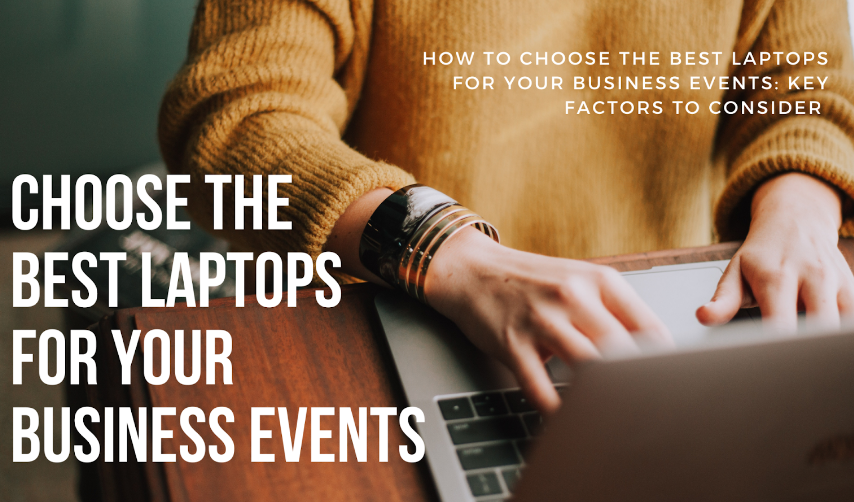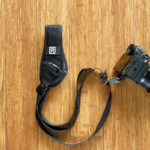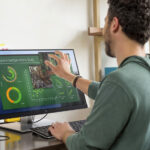Choosing the proper laptops for business events ensures everything runs smoothly and efficiently. Laptops are essential for event managers and businesses, allowing easy access to critical information and resources during events. However, with so many distinct types of laptops on the market, it can take time to determine the best fit for specific events.
To help make this decision easier, there are many key factors that event managers and businesses should consider when choosing laptops for their events. These factors include portability, battery life, performance, connectivity, security, and budget. By carefully considering these factors, event managers and businesses can choose the laptops that will best meet their needs and help them achieve their goals during business events.
Factors to Consider while choosing Laptops for Your Business Events
Budget:
Determining a budget for business events with laptops can be challenging, as different options are available at various prices. The budget should be based on the specific needs of the event and the tasks that will be performed with the laptop. In addition to purchasing laptops for business events, event managers and businesses may also consider renting laptops from a reputable laptop rental company. Renting laptops can be a cost-effective solution for businesses that only need laptops for a short time or one-time events. When renting laptops, it is important to consider the same key factors as when purchasing laptops, including portability, battery life, performance, connectivity, and security.
Portability:
Portability is crucial when choosing laptops for business events, as event managers and business professionals often need to travel to various locations for their events. Laptops that are lightweight and easy to carry can make it easier to transport equipment between locations and set up for events quickly.
There are several distinct types of laptops available based on size and weight,
including Ultrabook’s, 2-in-1 laptops, and traditional laptops. Ultrabook’s are.
the most lightweight and thinner laptops, making them easy to transport but with limited features. 2-in-1 laptops offer both tablet and laptop functionality, which can be useful for business presentations and note-taking but may not have as much processing power. Traditional laptops are the most common type of laptop, with a larger screen and more powerful processors, but they can be heavier and less portable.
When choosing a laptop based on portability, it is important to consider the specific needs of the event and the tasks that will be performed with the laptop. If lightweight portability is a top priority, then Ultrabook or 2-in-1 laptops may be the best choice. If more processing power is needed, then traditional laptops may be the better option.
Battery Life:
Battery life is a crucial factor to consider when choosing laptops for business events. The last thing an event manager or business wants is for their laptops to run out of battery during an important presentation or meeting. Therefore, it is important to select laptops that have long battery life and can run for extended periods of time without needing to be plugged in.
To determine a laptop’s battery life, it is important to consider the laptop’s battery capacity and power consumption. A laptop’s battery capacity is measured in milliampere-hours or watt-hours and the higher the number, the longer the battery will last. Power consumption is influenced by the laptop’s processor, display, and other components, with more power-hungry components draining the battery faster.
When selecting a laptop, event managers and businesses should look for laptops that have a battery life of at least 8 hours, with some laptops capable of running for 12 hours or more on a single charge. Additionally, laptops with fast-charging capabilities can be helpful, allowing the battery to be recharged quickly during breaks in the event.
Performance:
A laptop’s performance can impact its ability to run multiple applications, handle complex tasks, and process data quickly and efficiently. Therefore, event managers and businesses should select laptops with good performance to ensure that their events run smoothly and efficiently.
When considering performance, there are several key metrics to consider, including the laptop’s processor, RAM, and storage. The processor is the “brain” of the laptop and is responsible for executing tasks and processing data. A laptop with a more powerful processor will be able to manage more complex tasks and run multiple applications simultaneously.
RAM, or random-access memory is the temporary memory that a laptop uses to store data that it is currently processing. A laptop with more RAM will be able to handle more data-intensive tasks and run multiple applications more smoothly.
Storage refers to the amount of permanent storage space available on the laptop’s hard
drive or solid-state drive (SSD). A laptop with more storage space will be able
to store more data and applications.
Connectivity:
Connectivity is a principal factor to consider when choosing laptops for business events. In today’s connected world, it is crucial for laptops to have a range of connectivity options to ensure that they can connect to a variety of devices and networks.
When considering connectivity, there are several key options to consider, including Wi-Fi, Bluetooth, and ports. Wi-Fi is essential for connecting to wireless networks, allowing laptops to access the internet and other online resources.
Bluetooth is useful for connecting to other Bluetooth-enabled devices, such as smartphones and wireless speakers. Ports are important for connecting to external devices such as projectors, printers, and other peripherals.
When selecting a laptop for business events, event managers and businesses should
look for laptops with Wi-Fi 6 or Wi-Fi 6E capabilities, which offer faster and
more reliable wireless connectivity. Bluetooth 5.1 is the latest version of Bluetooth and offers improved range and speed compared to previous versions. Additionally, laptops with a variety of ports, including USB-C, HDMI, and Ethernet will be able to connect to a wider range of devices and peripherals.
Some laptops with good connectivity options, including the Apple MacBook Pro, Dell XPS 13, and Lenovo ThinkPad X1 Carbon. These laptops offer a range of connectivity options.
and are designed for business use.
Conclusion:
When selecting laptops for business events, it is important to consider the specific needs and requirements of the event and choose a laptop that meets those needs while also providing reliable performance, portability, and connectivity. So if after considering all these factors and you’ve have made up your mind to buy a laptop, then recommend a trusted brand like “Desklab’s” Portable Laptop Screen. It’s a small investment that can make a big difference in your work experience.








